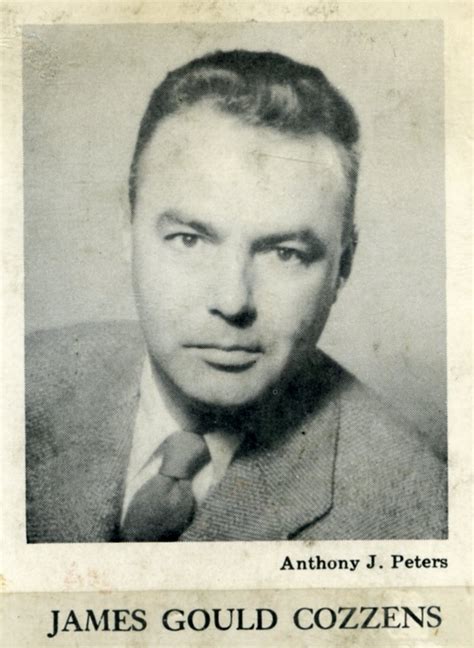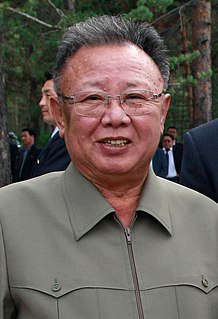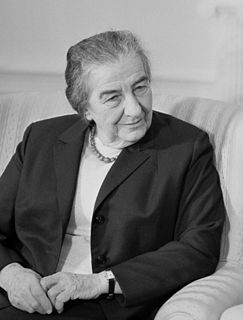A Quote by Andy Stanley
The moment a leader steps away from his core competencies, his effectiveness as a leader diminishes.
Quote Topics
Related Quotes
The manager administers; the leader innovates. The manager has a short-range view; the leader has a long-range perspective. The manager asks how and when; the leader asks what and why. The manager has his eye on the bottom line; the leader has his eye on the horizon. The manager accepts the status quo; the leader challenges it.
Bailey might not have great intelligence or abilities, but his whole aim, thought and study was that of the born leader--to look out for himself; and he did it with that born-leader's confidence and intensity that draws along the ordinary uncertain man, who soon confuses his own interest and his own safety with that of the leader.
By altering his arrangements and changing his plans, the skillful general keeps the enemy without definite knowledge. By shifting his camp and taking circuitous routes, he prevents the enemy from anticipating his purpose. At the critical moment, the leader of an army acts like one who has climbed up a height and then kicks away the ladder behind him.






































